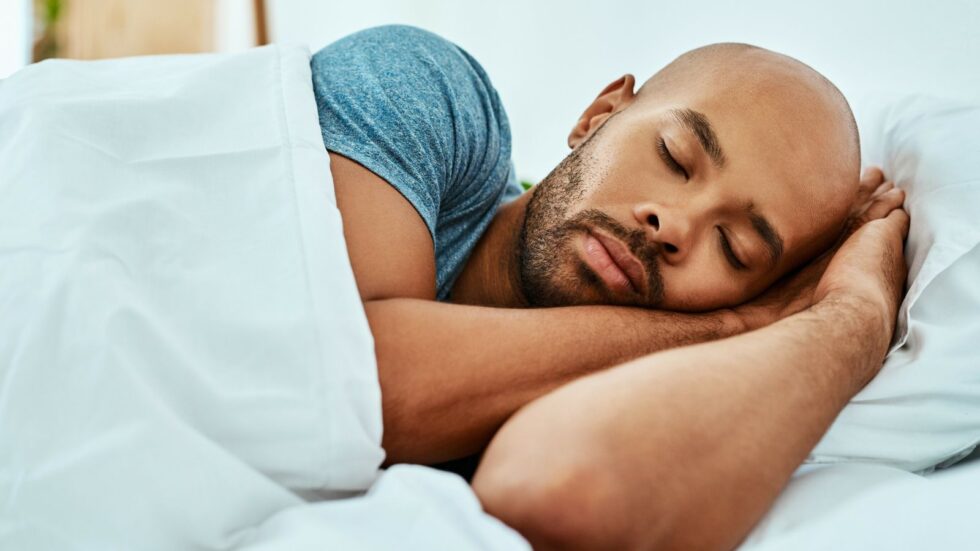Whenever you are exercising or rehabilitating in therapy, have you ever wondered how that other person keeps going while you are burnt out? Turns out the answer can be fairly simple: sleep. Sleep is the number one recovery technique for mind and body. Mikaela Shiffrin, world class downhill skier, gets 9-10 hours of sleep a night, trying to go to bed between 8:30 and 9:00 at night. Lebron James is known for getting 10-12 hours sleep every night.
In a nutshell, sleep reenergizes our bodies on a cellular level. An influx of cerebrospinal fluid washes into the brain during sleep, clearing away harmful waste proteins like a dishwasher – which explains why scientists recently have linked chronic sleep deprivation to Alzheimer’s and dementia (both attributed to a buildup of plaque in the brain). Sleep supports emotional drive and motivation, the ability to learn and remember, and even controls our appetite and libido (sex drive).
As simple as it may seem, getting a consistent, good night sleep can be difficult. Consistency is the key. Keeping an irregular sleep schedule will knock you off your natural circadian rhythm, things are going to be seriously disrupted, and then, in turn will impair performance. Is there anything more important than being at your best sleep wise while recovering from an injury or surgery?
While there is no magic number that determines how much sleep you need, most adults need between 7-9 hours of sleep per night. This amount of sleep allows for 3-5 full cycles of REM (rapid eye movement) or deep sleep.
To prepare yourself for sleep, establish a bedtime that will allow you the 7-9 hours of rest before having to awaken. If possible avoid exercise prior to bedtime, separate yourself from bright light and blue light emitting devices (e.g. computer or cell phone screen), lower the bedroom temperature between 60-65 degrees, and consider eyeshades, earplugs, white noise machines, humidifiers, and/or a fan. For myself, bedtime is 9-9:30 for a wakening time of 5:00 a.m. The bedroom is completely dark, a fan is used for white noise, and the thermostat is set at 65 degrees. The things I can do better are not eating or drinking alcohol close to bedtime. While not perfect, this bedtime ritual works well for me. Hopefully what I have said will help you attain a more restful sleep and improve your physical and mental performance. Good luck!


